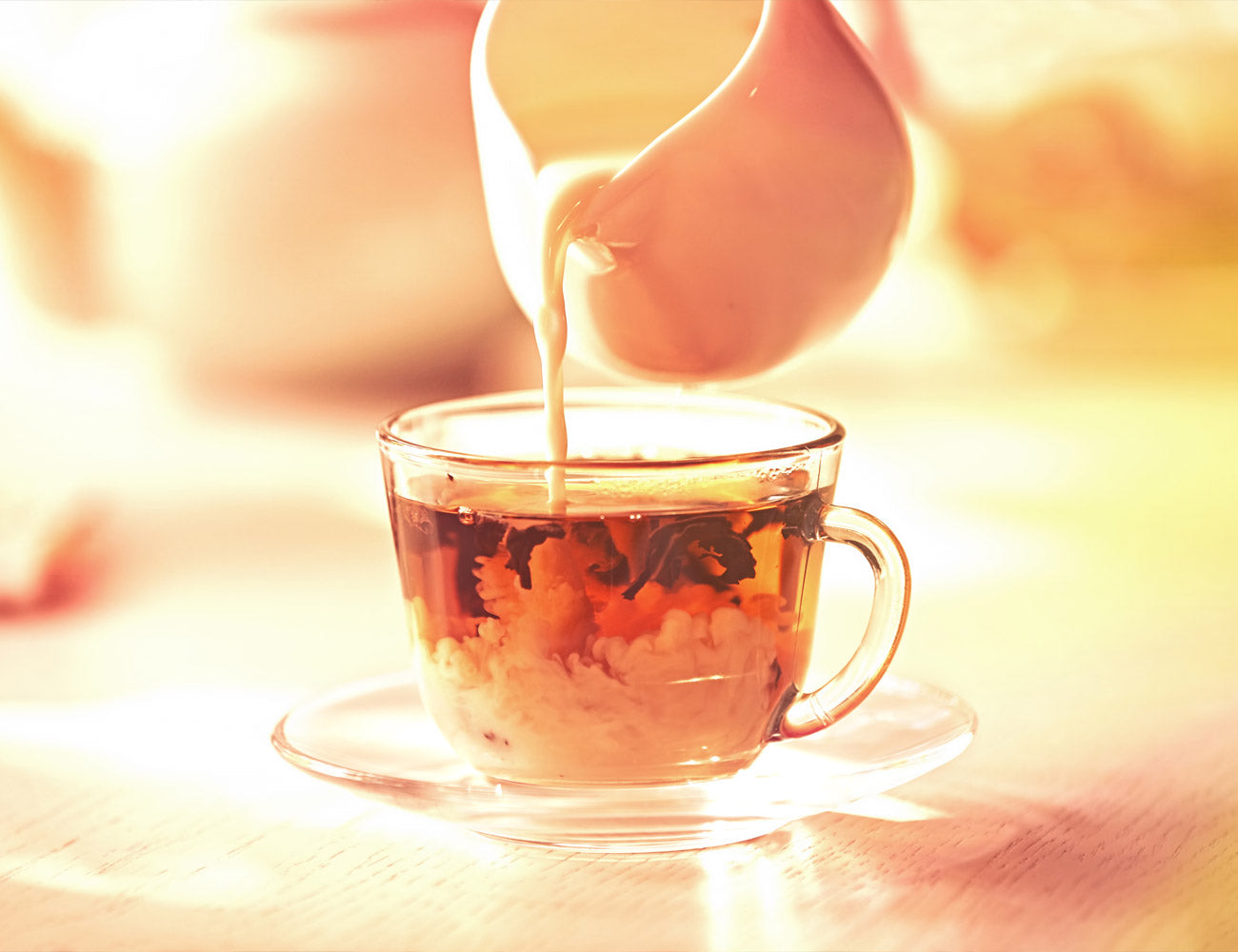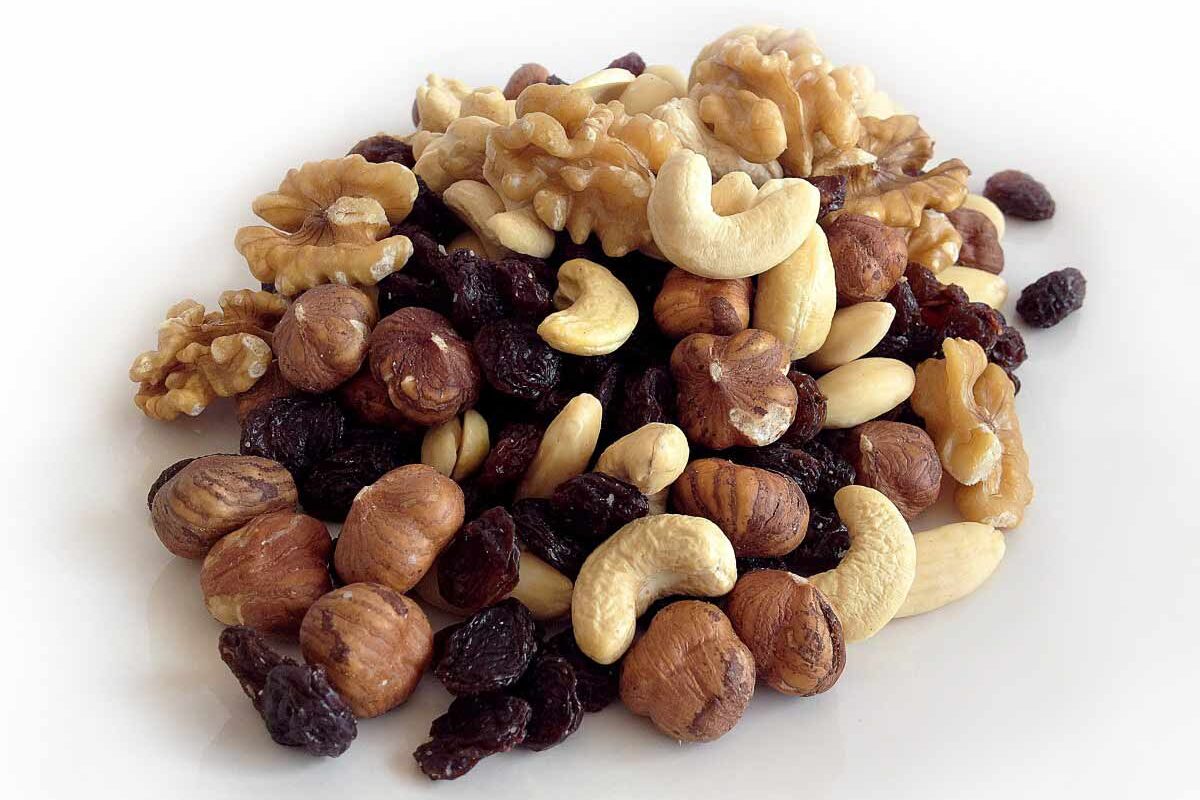What are some health benefits of drinking hot tea after a meal? Indulging in a steaming cup of tea after a hearty meal is not merely a comforting tradition; it’s a symphony of health benefits that unfold with each sip. This cherished post-dining ritual has transcended cultures, becoming a ubiquitous practice worldwide. Beyond its aromatic allure, hot tea weaves a tapestry of advantages that intricately intertwine with our well-being. This article will feature some health benefits of drinking hot tea after a meal:
Health Benefits of Drinking Hot Tea After A Meal
The act of sipping hot tea after a meal transcends the realm of a mere beverage choice; it becomes a conductor of a health symphony, each sip resonating with the subtle notes of well-being, creating a harmonious cadence that echoes through the corridors of our physical and mental health. Here are some health benefits of drinking hot tea after a meal:
1. Digestive Harmony
The first note in this health symphony is the profound impact hot tea has on digestion. It acts as a gentle conductor, orchestrating the smooth movement of food through the digestive tract. The warmth of the tea stimulates the production of digestive enzymes, facilitating the breakdown of complex nutrients. This seamless digestive dance not only prevents bloating but also paves the way for optimal nutrient absorption.
2. Soothing Elixir for the Stomach
As the tea trickles down, it blankets the stomach in a soothing elixir, providing relief from post-meal discomfort. The herbal varieties, such as peppermint or ginger, possess natural properties that calm the stomach lining, appeasing any potential tumult after a hearty feast. This soothing embrace offers a welcome respite, allowing the digestive system to function harmoniously.
3. Metabolic Boost
Enter the metabolism-boosting movement of the tea symphony. The combination of warm liquid intake and certain tea compounds initiates a subtle elevation in metabolic rate. This metabolic cadence, though not a vigorous crescendo, contributes to the overall energy expenditure, subtly assisting in weight management when incorporated into a balanced lifestyle.
4. Antioxidant Ballet
In the realm of health, antioxidants take center stage, and hot tea emerges as a star performer. Laden with polyphenols and catechins, tea’s antioxidant ballet combats free radicals, those mischievous molecules implicated in aging and various diseases. The intricate choreography of these compounds shields cells from oxidative stress, fortifying the body’s defense against the ravages of time.
5. Hydration Harmonies
Amidst the rich flavors and aromatic tendrils, tea unfurls its hydrating harmonies. Contrary to the misconception that all hot beverages contribute to dehydration, tea—especially herbal and non-caffeinated varieties—contributes to the body’s fluid balance. The delicate dance of hydration and warmth leaves the body replenished, dispelling the myth of tea as a dehydrating accomplice.
6. Blood Sugar Pas de Deux
For those mindful of their blood sugar levels, tea executes a graceful pas de deux. Research suggests that certain compounds in tea may assist in regulating blood sugar, preventing the abrupt spikes and crashes that can accompany post-meal sugar surges. This nuanced choreography in blood sugar management adds a healthful layer to the post-meal tea experience.
7. Dental Elegance
Tea, with its inherent astringency, partakes in a dance of dental elegance. The polyphenols present in tea exhibit antibacterial properties, acting as a natural defender against oral pathogens. This ballet of dental protection extends beyond the mere refreshing of breath; it contributes to the maintenance of oral health, offering a delightful encore to the overall well-being narrative.
8. Stress Relief Sonata
In the orchestration of well-being, stress relief emerges as a poignant sonata, and Tea is a noted instrumentalist. The warmth enveloping each sip induces a sense of tranquility, while the amino acid L-theanine orchestrates a delicate balance between relaxation and alertness. This soothing sonata serves as a melodic antidote to the stresses of modern life, rendering post-meal tea not just a physical indulgence but a mental reprieve.
9. Immune System Symphony
As the curtain rises on immune health, tea assumes the role of a symphony conductor. The polyphenols within tea, particularly in varieties like green tea, harmonize with the immune system, enhancing its responsiveness. This subtle yet significant fortification contributes to the body’s resilience against pathogens, casting tea in the role of a silent guardian in the grand opera of health.
10. Mood-Enhancing Overture
Beyond the physical realm, post-meal tea orchestrates a mood-enhancing overture. The act of sipping a warm beverage, accompanied by the nuanced flavors and fragrances, triggers a sensory serenade. This sensorial interplay, coupled with the potential mood-boosting effects of certain tea compounds, elevates the post-meal experience from a mere routine to a symphony of sensory delight.
11. Respiratory Rhapsody
In the respiratory repertoire, tea contributes a melodious rhapsody. The steam wafting from the cup, laden with herbal infusions, provides a gentle inhalation therapy. This respiratory serenade, especially when infused with eucalyptus or mint, lends a therapeutic cadence to the post-meal tea ritual, offering a breath of fresh air to the pulmonary symphony.
12. Cardiovascular Concerto
As the cardiovascular concerto begins, tea takes on a pivotal role. Studies suggest that regular tea consumption may contribute to heart health by influencing cholesterol levels and promoting arterial flexibility. This cardiovascular interlude, though subtle, echoes the potential of tea as a heart-protective refrain, adding a rhythmic beat to the overall health symphony.
13. Anti-Inflammatory Aria
Tea’s anti-inflammatory aria resonates in the wellness opera, complementing its antioxidant prowess. The polyphenols, particularly in green tea, choreograph a nuanced dance with inflammation, potentially offering relief in conditions where inflammation plays a discordant role. This anti-inflammatory melody enriches the post-meal tea experience, infusing it with subtle therapeutic notes.
14. Cognitive Cadence
In the cognitive cadence, tea unveils its cognitive support overture. The combination of caffeine, albeit in milder doses than coffee, and L-theanine crafts a mental duet, fostering alertness without the jarring crescendos of jitteriness. This harmonious interplay adds a cognitive dimension to the post-meal tea ritual, inviting a mental symphony that aligns with the physical benefits. Exercise Makes Life Easy: Find Your Next Steps & See Improvement
15. Liver Harmony
The liver, a silent protagonist in the body’s orchestra, finds an ally in tea’s harmonizing tendencies. Certain compounds in tea, notably green tea, have been linked to liver health, potentially assisting in the maintenance of this vital organ’s function. This hepatic harmony, though a backstage player, adds depth to the holistic wellness narrative of post-meal tea.
16. Bone Health Ballad
As the skeletal ballad unfolds, tea introduces its contribution to bone health. The flavonoids in tea, particularly in varieties like black tea, engage in a subtle dance with bone metabolism. While not a powerhouse of calcium, the nuanced support offered by tea to bone density adds a layer of skeletal well-being to the post-meal tea symphony.

17. Anti-Anxiety Allegro
In the emotional allegro, tea performs an anti-anxiety serenade. The calming effects of tea, attributed to compounds like L-theanine, weave a delicate tapestry of relaxation. This anti-anxiety allegro, though not a substitute for professional mental health interventions, enhances the emotional resonance of post-meal tea, transforming it into a comforting ritual for the mind.
18. Visionary Verse
In the optical verse, tea contributes to vision health through its antioxidant constituents. The flavonoids and carotenoids present in tea, particularly green tea, extend their protective gaze to ocular tissues. This visionary verse, though subtle, adds a dimension of eye care to the multifaceted health narrative of post-meal tea.
19. Anti-Cancer Cantata
The anti-cancer cantata echoes in the tea symphony, with research suggesting potential protective effects against certain types of cancers. The polyphenols, notably in green tea, engage in a complex composition with cellular processes, contributing to the body’s defense against malignant crescendos. While not a standalone cancer prevention strategy, this anti-cancer cantata underscores tea’s potential role in the broader canvas of health. Health Supplements A-Z for Easing 50+ Complications
20. Skin Wellness Waltz
The skin, a canvas of health and beauty, finds a partner in the tea waltz. The antioxidants and anti-inflammatory properties of tea, especially in green and white varieties, contribute to skin wellness. This skin wellness waltz, though not a magical elixir for flawless skin, accentuates the aesthetic dimension of post-meal tea, adding a glow to the overall health symphony.
21. Hormonal Harmony
As the hormonal overture unfolds, tea contributes to hormonal harmony. Some studies suggest that certain compounds in tea may influence hormone levels, particularly in areas related to stress and metabolism. This hormonal harmony, though not a panacea for hormonal imbalances, adds a nuanced layer to the comprehensive health narrative of post-meal tea.
22. Longevity Lullaby
In the grand finale, post-meal tea delicately weaves a longevity lullaby. The amalgamation of its antioxidant, anti-inflammatory, and overall health-promoting qualities sets the stage for a resilient and well-nourished body. While not the sole determinant of longevity, this longevity lullaby underscores the holistic impact of the post-meal tea ritual, inviting a harmonious journey towards a healthier and potentially longer life.
Side Effects of Drinking Hot Tea After A Meal
Indulging in a steaming cup of hot tea after a sumptuous meal has long been a cultural ritual, a comforting denouement to a dining experience. The warmth of the tea, with its aromatic tendrils wafting through the air, provides a soothing cadence to the gastronomic symphony that unfolded moments before. It’s a seemingly benign act, but beneath the surface, a myriad of physiological reactions commences, leading to a confluence of potential side effects that merit exploration.
Digestive Dissonance: The Intricacies of Tea and Digestion
While the ritualistic sip of hot tea may seem innocuous, it orchestrates a complex ballet within the digestive realm. The heat of the tea can inadvertently impact the digestive enzymes and processes crucial for optimal nutrient absorption. The delicate equilibrium of gastric juices and enzymes may face disruption, potentially hindering the body’s ability to break down ingested food efficiently. The aftermath might manifest as bloating, discomfort, or a sensation of heaviness, casting a shadow over the post-meal tea ceremony.
Caffeine’s Stealthy Onslaught: Unveiling the Aftermath
Delving deeper, the caffeine content inherent in tea unveils another layer of intricacy in the postprandial tea narrative. Caffeine, a natural stimulant, can instigate an uptick in gastric acid production. In the wake of a meal, where the stomach is already engaged in the arduous task of digestion, this surge in acidity could be a potential disruptor. For those with a predisposition to acid reflux or gastroesophageal reflux disease (GERD), this caffeinated onslaught might amplify discomfort, sending ripples of indigestion through the gastrointestinal landscape. Tea, Coffee, Energy Drinks, Juice, Beverage, Smoothie, and more
The Iron Conundrum: An Unseen Battle Unfolding
Tea, particularly black tea, possesses tannins that weave yet another strand into the tapestry of post-meal tribulations. These tannins have a proclivity for binding with iron, impeding its absorption into the bloodstream. Iron, a vital nutrient, plays a pivotal role in oxygen transport and overall metabolic function. The surreptitious battle between tea tannins and iron absorption unfolds in the shadows, potentially nudging individuals, especially those prone to iron deficiency, towards a nuanced conundrum of compromised nutritional uptake.
A Ritual Reimagined: Navigating the Aftermath
In the wake of these revelations, the post-meal tea ritual transforms into a nuanced dance of choices. Moderation becomes the guiding principle, as excessive indulgence in piping hot tea may tip the delicate balance within the digestive orchestra. Opting for herbal teas with lower caffeine content or allowing a moderate cooling period before partaking can mitigate some of the potential side effects. The key lies in mindful consumption, an awareness that unveils the intricate interplay between tradition and bodily responses, ensuring that the ritual remains a harmonious coda to the culinary symphony.



